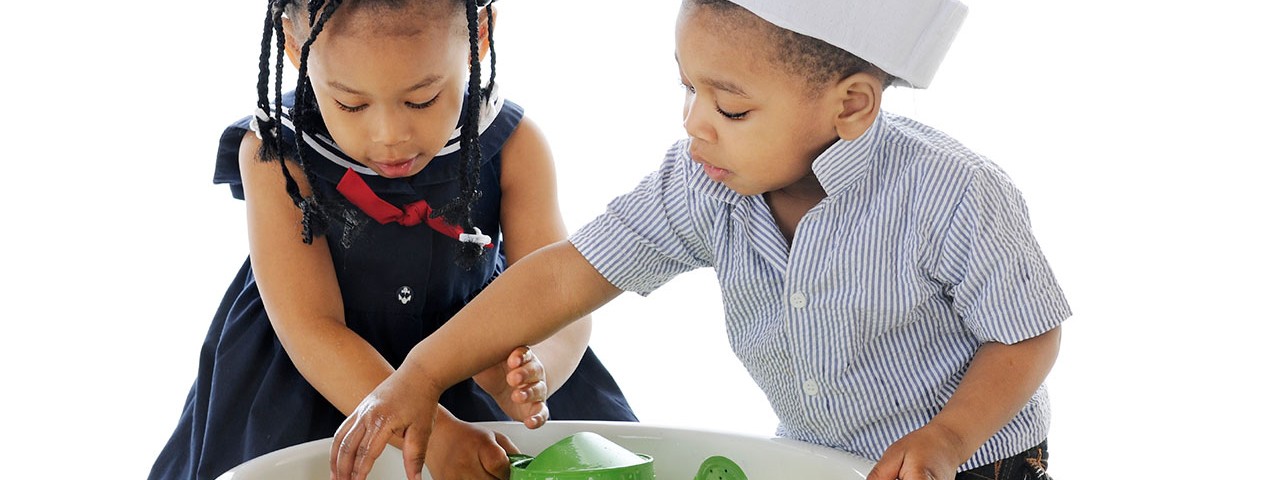7 Talking Points from Our New Report
- Tweet

With the publication of their new book Off to a Good Start, the Urban Child Institute is changing the way they talk to Memphis about children.
Seven takeaways that should immediately become part of your conversations about Memphis! Tweet this!Since 2006, UCI has been using its annual Data Book to discuss cognitive outcomes and the science of brain development in young children. This year, they partnered with the RAND Corporation — a leading research and policy analysis nonprofit — and made a subtle but significant shift in the Institute’s message. Off to a Good Start examines the social and emotional health of our community’s children and explains how the early lives of all Memphis and Shelby County children will radically shape the future of the city itself.
Off to a Good Start is a lean, mean, fact-filled must-read for everyone who cares about our community and its future. Here are seven takeaways that should immediately become part of your conversations about Memphis.
1. The Most Fertile Years
In the first three years of life, a child’s brain reaches 80 percent of its full size, and undergoes physical changes in response to his or her environment. These changes will impact the rest of the child’s life.
2. Children Can’t Wait
Multiple studies show that when very young children who are at higher risk of social and emotional difficulties have access to public education programs, their social and emotional health improves. But the further they get from the earliest years of life, the less they are benefited by intervention.
3. Our Future
240,133 children under 18 years old live in Shelby County. 82,202 of them are five years old or younger.
4. Spending Money Saves Money
Science suggests that funding early education programs actually saves taxpayers money in the long run, reducing later spending in areas like law enforcement, remedial programs, special education, and school security.
5. The City Shapes Us
In addition to stress in the home, children can be profoundly affected by stress in the community. High crime rates, poverty, blight, and drug use in neighborhoods can lead to poor social and emotional development in the people that grow up there, despite the best efforts of their caregivers.
6. Birth Weight Impacts Adulthood
Children with low birth weight have poorer cognitive outcomes and higher rates of behavioral problems. In 2013, about 12% of Shelby County babies were born with low birth weight, in contrast to the national average of 8%.
7. Poverty Leaves its Mark
Children that live in poverty get less. They get fewer books, fewer educational toys and tools, and less stimulating environments. They get less healthy food and lower quality child care. Because of the lack of access to enriching resources, outcomes in adulthood are worse for children raised in poverty. In Shelby County, 40% of children under 6 live in poverty.
You Can Help!
Volunteer and donate to reputable nonprofit organizations that directly focus on improving the lives of children and families in Shelby County.
Get your church or social group involved with children and families in disadvantaged neighborhoods.
Become a tutor with schools or literacy programs.
Find roles at your organizations that can be staffed with young mothers pursuing their education.
Think about the programs or initiatives you oversee and consider whether they address the needs of single parents and caregivers.
Become an advocate. Push lawmakers to make very young children’s needs a priority. Vote to fund pre-K and early education programs. Correct peers when you hear misinformation.
